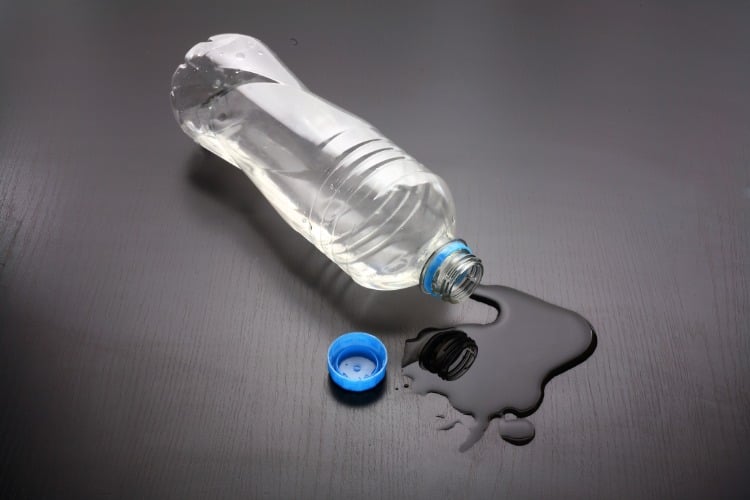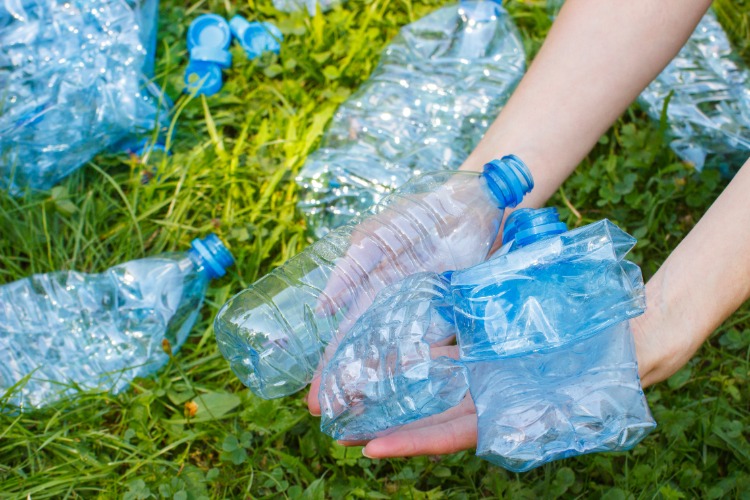BPA-free drinking bottles are not as harmless as we think
Scientists have been studying BPA-free products extensively in animal models for decades. The results show that the chemical bisphenol A plays a role in early pregnancy and in various negative health effects after birth. With the increasing awareness of these harmful effects, companies have turned to using alternative chemicals to develop plastic products. It is primarily about environmentally friendly water bottles and food packaging, which are often labeled as BPA-free products. However, scientist Cheryl Rosenfeld warns that these chemical alternatives like bisphenol S (BPS) are still not safe for humans.
Is BPA-free plastic dangerous too?

In the study, Rosenfeld and her colleagues focused on the effects of BPS on a mouse placenta. The researcher says the placenta serves as a historical record of what an unborn child sees in the womb. The placenta can also transmit to the developing child anything that the mother may be exposed to in her blood, such as harmful chemicals.
“Synthetic chemicals like BPS can penetrate the mother's placenta. So everything that circulates in the mother's blood can easily be transferred to the developing child, ”says Rosenfeld. She is also a professor of biomedical sciences at the College of Veterinary Medicine. “This mouse animal model is the best we have now to simulate the possible effects of BPS during pregnancy in humans because the placenta has a similar structure in both mice and humans.”

Rosenfeld adds that the placenta serves as the primary source of serotonin in fetal brain development in both mice and humans. Serotonin is often associated with happiness. But this is also a natural chemical. It can affect many functions of a person. This includes emotions and physical activities such as sleeping, eating and digesting food.
research results

Rosenfeld's research is an example of an early step in translational medicine. So this is research that aims to improve human health. This is done by determining the relevance of animal science discoveries for humans. This research can form the basis of precision medicine or personalized human health care.
Precision medicine will be a key component of the NextGen Precision Health Initiative. This helps accelerate medical breakthroughs for patients. The content is the sole responsibility of the authors and does not necessarily reflect the official views of the funding agencies. The study was published in the Proceedings journal of the National Academy of Sciences.
The post BPA free water bottles are not as harmless as we think appeared first on Deavita.com | Living ideas, design, hairstyles, make-up, lifestyle, health and beauty tips.





















